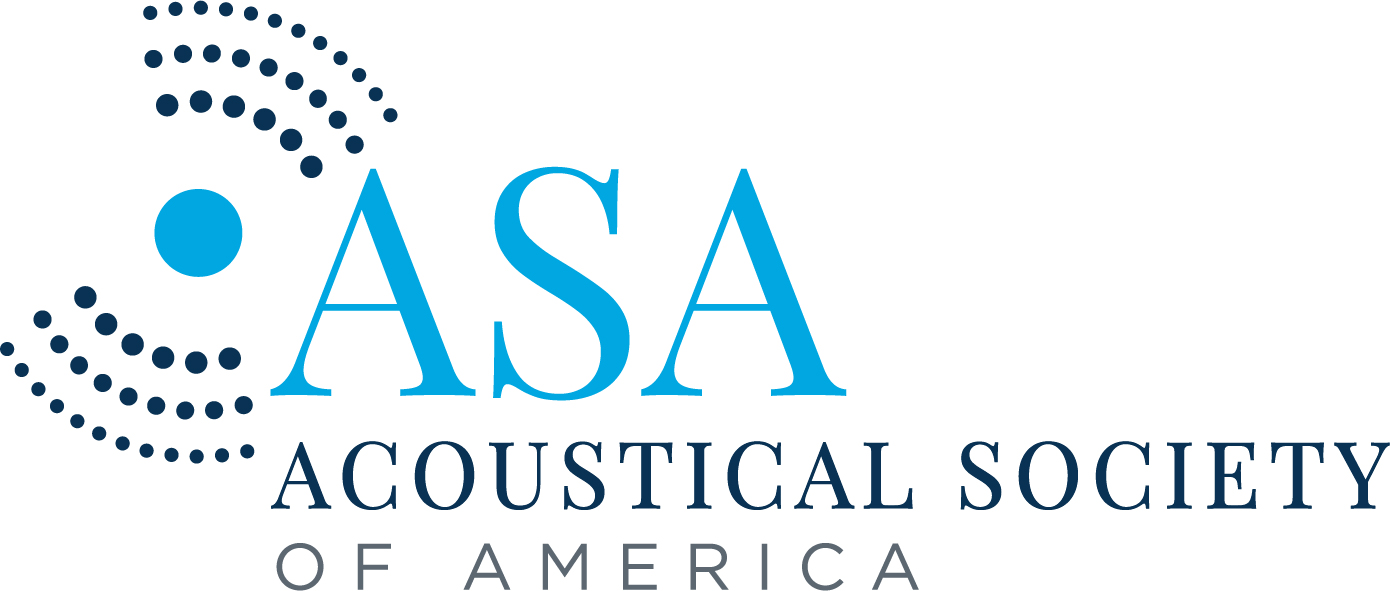August 2023 JASA Cover
The August cover of JASA is now available and it features exciting new research from this past month!
The cover image was inspired by “Addressing diversity in speech science courses,” by Melissa Baese-Berk and Paul E. Reed. Editor-in-Chief Jim Lynch says about the feature article:
The “Editors Pick” for a JASA cover article is decided by the EIC on the basis of being an article that would have broad appeal to the Acoustical Society and beyond. So articles that have social relevance, topics of current interest, or topics that are just fun to consider in general tend to get some preference. This month’s cover article, “Addressing Diversity in Speech Science Courses,” addresses topics that most certainly are of broad interest these days: Equity, Diversity, Inclusion and Education. The article is of the “Forum” category in JASA, meaning it is a peer-reviewed opinion article. Any facts quoted must be referenced, and any opinions made must be stated as such, and also be deemed reasonable by the review process. This helps to ensure that any debate that the article poses is a reasoned one. I think this month’s Editor’s Pick article is a great example of this, and whether you agree or disagree with the authors, their article will stimulate thought about an important topic, not just for our Speech Technical Committee, but for society in general. We hope you enjoy it!
Some other research was also highlighted on the July JASA cover:
- From Computational Acoustics, “Feature selection for a continental-scale geospatial model of environmental sound levels” by Katrina Pedersen, Mark K. Transtrum, Kent L. Gee, Shane V. Lympany, Michael M. James, and Alexandria R. Salton.
- From Engineering Acoustics, “Moving sound source localization and tracking for an autonomous robot equipped with a self-rotating bi-microphone array,” by Deepak Gala and Liang Sun.
- From Psychological and Physiological Acoustics, “Randomizing spectral cues used to resolve front-back reversals in sound-source localization,” by William A. Yost.
- From Signal Processing, “Time reversal imaging of complex sources in a three-dimensional environment using a spatial inverse filter,” by Adam D. Kingsley, Andrew Basham, and Brian E. Anderson.
All the articles from the cover are free to read for a month after the cover is released, so be sure to check them out! You can find the whole issue at https://pubs.aip.org/asa/jasa/issue/154/2.






